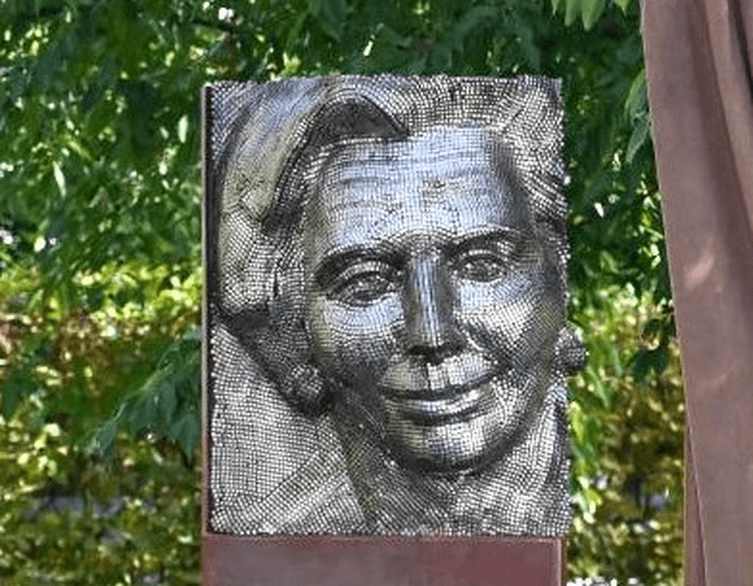A New Tribute in Budapest: Margaret Thatcher Statue Unveiled at Millenáris Park

Budapest has a new landmark that celebrates one of the most influential figures of the 20th century. On October 3, 2025, a statue of Margaret Thatcher, the legendary “Iron Lady” and former Prime Minister of the United Kingdom, was unveiled in Millenáris Park to mark the 100th anniversary of her birth. Crafted from iron, the sculpture stands proudly on the park’s Kis Rókus Street side, symbolizing strength, resilience, and the enduring bond between Hungary and Britain.
A Ceremony Honoring Freedom and Leadership
The unveiling ceremony gathered distinguished guests, including Hungary’s Minister Gergely Gulyás, Sir Mark Thatcher (the late Prime Minister’s son), and Sir William Cash, former British MP. As the autumn afternoon light reflected off the iron figure, the atmosphere was one of respect and remembrance for a leader who, even decades after her service, continues to inspire debates and admiration around the world.
In his speech, Minister Gulyás described Margaret Thatcher as a political warrior who understood the true value of freedom. He emphasized that her century—what he called “the age of freedom fights” for Hungarians—was deeply shaped by her firm stance against communism and her role in the Cold War victories that helped bring liberty to Central and Eastern Europe. Hungary, he noted, remains grateful for her unwavering commitment to freedom and her refusal to compromise with totalitarian ideologies.
The Iron Lady and Her Lasting Legacy
Margaret Thatcher, who led the United Kingdom from 1979 to 1990, was a transformative figure in world politics. Known for her uncompromising leadership, Thatcher navigated challenging economic reforms, confronted powerful trade unions, and reshaped Britain’s role on the global stage. Minister Gulyás reminded the audience of the fierce determination that earned her the “Iron Lady” nickname, pointing out that she was often referred to as “the only man in the cabinet” due to her courage and clarity of vision.
Best deals of Budapest
Her connection to Hungary was also remembered with emotion. Thatcher had expressed deep compassion for the Hungarian people, particularly in light of the 1956 revolution crushed by Soviet forces—a moment she described as having “etched itself into her soul.” When Prime Minister József Antall passed away in 1993, she personally came to Budapest to pay her respects, demonstrating her understanding and solidarity with Hungarian democracy.
Voices from the United Kingdom
British guests at the ceremony echoed the sentiment of admiration. Sir William Cash reflected on Thatcher’s enduring influence, saying that history never forgets great leaders. He highlighted how her economic and political reforms turned Britain into a dynamic, forward-looking country during the 1980s. Lord MacKinlay of Richborough added that Thatcher’s government brought about consistent growth and improved living standards, leaving behind a model of leadership defined by conviction and progress.
Sir Mark Thatcher’s words carried both pride and nostalgia as he celebrated his mother’s ideals. He reminded the audience that her vision was built on the belief that the state exists to serve its citizens—not to rule over them—and that personal merit and freedom form the foundation of any prosperous society.
A Symbol Worth Visiting
For visitors exploring Budapest, Millenáris Park is a perfect mix of modern culture, green spaces, and history—and now home to a striking new monument. The iron sculpture of Margaret Thatcher not only commemorates a century since her birth but also invites reflection on the shared struggle for freedom that connects Britain and Hungary.
As you wander through the beautifully landscaped park, pause by the statue on Kis Rókus Street. It stands as a tribute not only to a formidable British leader but also to the values of courage, resilience, and independence that Budapest itself has long embodied.












